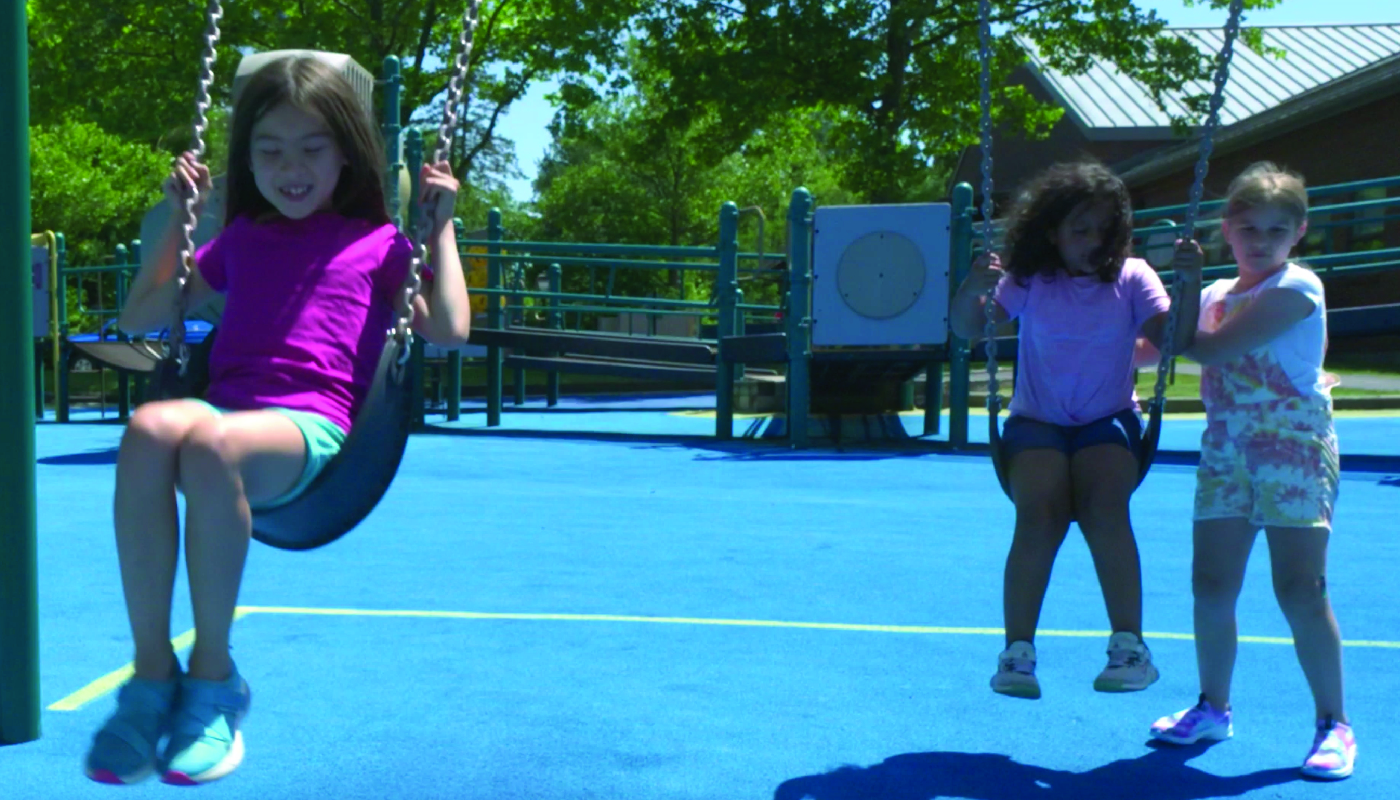
Introduction
Creating an inclusive playground environment is crucial for promoting social-emotional learning among students. This includes ensuring that everyone, regardless of their interests, abilities, or personalities, feels welcome to participate in play. In this blog post, we will discuss an easy no-prep activity for educators to implement, as well as discussion questions and related skills that can help foster a more inclusive playground experience for all students.
No-Prep Activity
One effective no-prep activity to promote inclusivity on the playground is the “Playground Buddy System.” This activity encourages students to pair up with someone they may not know well or who may be feeling left out. Here’s how it works:
- At the beginning of recess, ask students to find a “playground buddy” for the day.
- Encourage students to choose a buddy they don’t usually play with or someone who may be feeling left out.
- Throughout recess, the buddies should stick together and participate in activities, ensuring that both of them are included and having fun.
- At the end of recess, ask students to share their experiences with their buddies and how they felt during the activity.
This activity not only helps students build new friendships but also fosters empathy and understanding for others.
Discussion Questions
After implementing the Playground Buddy System, use these discussion questions to further encourage social-emotional learning:
- How did it feel to include someone new or who was feeling left out on the playground?
- What challenges did you face when trying to include your buddy in different activities, and how did you overcome them?
- How can we continue to make sure everyone feels included on the playground, even when we’re not using the Playground Buddy System?
- Why is it important to treat others the way we want to be treated (The Golden Rule) on the playground?
- How can we consistently practice taking turns to ensure everyone has fun and feels included?
Related Skills
There are several other social-emotional skills that can help students create a more inclusive playground environment:
- Active listening: Encourage students to listen carefully to their peers’ feelings and needs while playing.
- Empathy: Teach students to put themselves in their classmates’ shoes and consider how they would feel if they were left out or excluded.
- Conflict resolution: Help students learn how to address disagreements or conflicts on the playground in a fair and respectful manner.
- Cooperation: Promote teamwork and collaboration among students during playtime.
Next Steps
Now that you have learned about fostering inclusivity on the playground and promoting social-emotional learning, it’s time to put these skills into practice. To help you get started, sign up for free sample materials from Everyday Speech, which include resources for teaching these skills and more. By incorporating these strategies and activities into your daily routine, you can create a more inclusive and supportive playground environment for all students.

